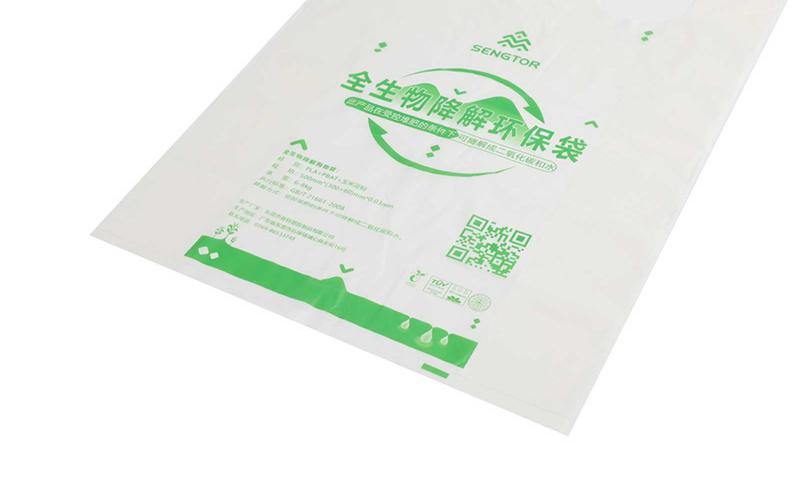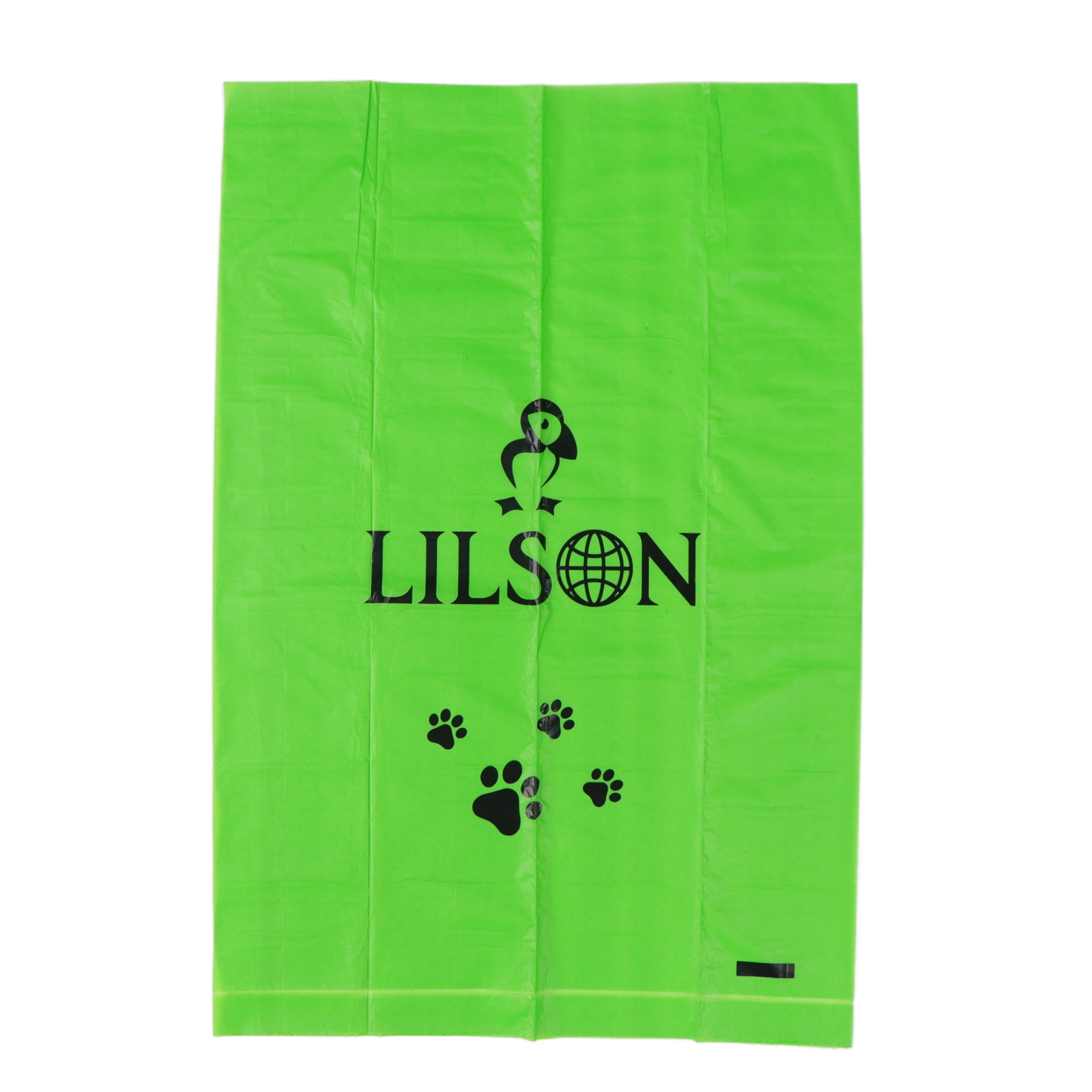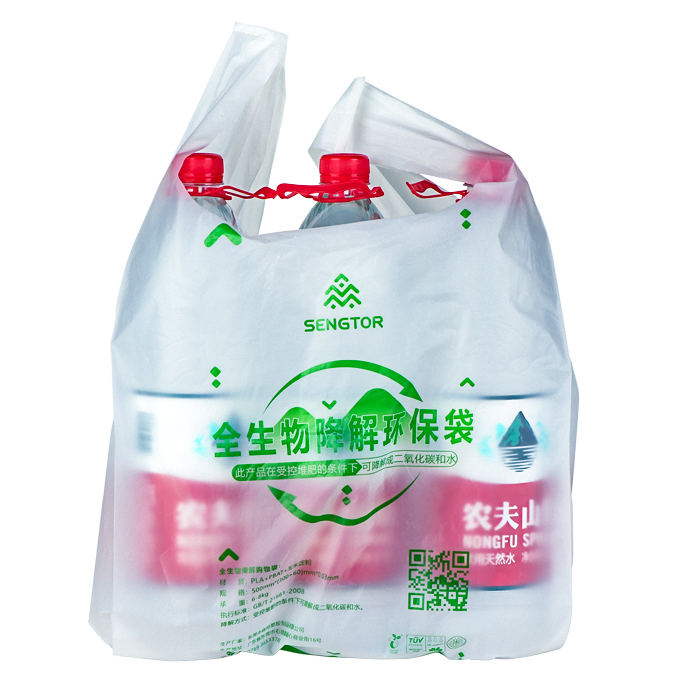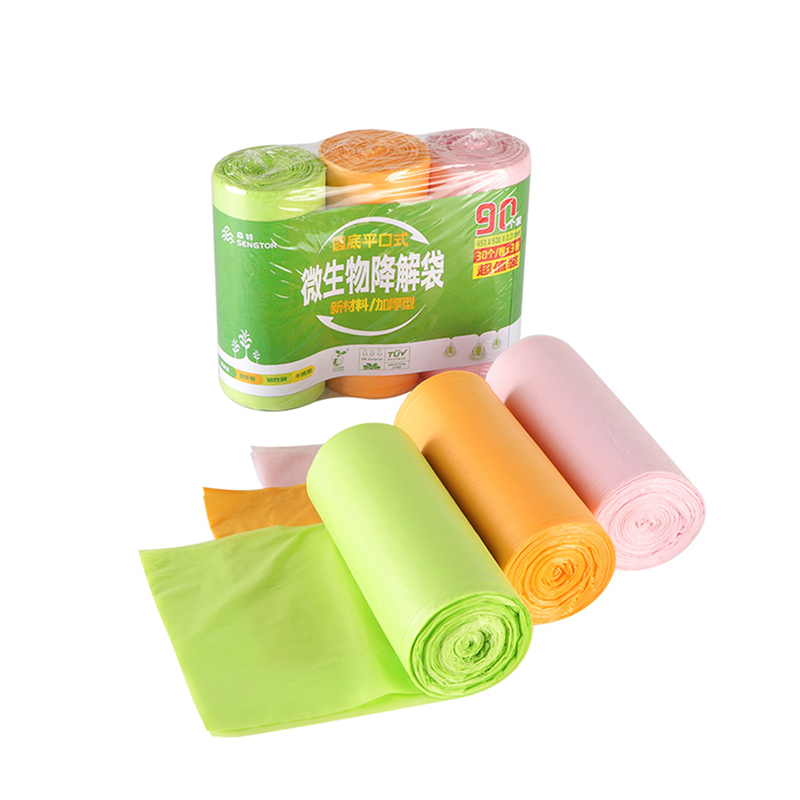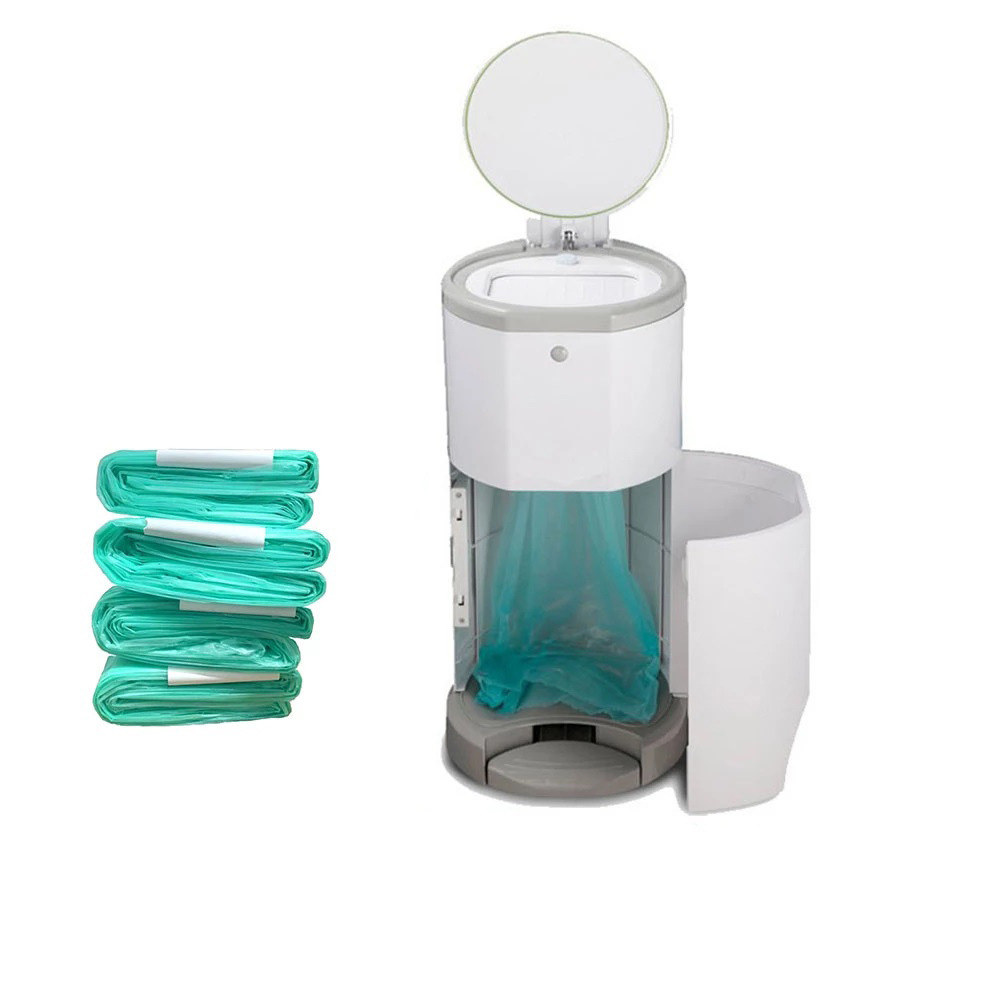Company News
With growing concerns about the environmental impact of non-biodegradable plastics, biodegradable bags have become an increasingly popular option across the globe. Biodegradable bags are designed to break down and break down naturally over time, reducing their impact on the environment. However, not all biodegradable bags are created equal, and not all biodegradable bags are environmentally friendly. There are many different types of biodegradable bags on the market, each with its own unique properties and benefits. Some of the most common types of biodegradable bags include bags made from plant-based materials such as cornstarch or potato starch, bags made from biodegradable Bags made of biodegradable plastic and bags made of paper.
Plant-based biodegradable bags are often marketed as the most environmentally friendly option. These bags are made from renewable resources and are designed to break down naturally without causing harm to the environment, however, not all plant-based biodegradable bags are created equal. Some are made from genetically modified crops, which can be harmful to the environment due to their increased need for chemical fertilizers and pesticides. Also, some plant-based biodegradable bags are not as biodegradable as they claim and may still take many years to break down.
Biodegradable plastic bags are designed to break down and break down into small pieces over time. They are usually made of polymers similar to traditional plastics, but are designed to break down more quickly. However, these bags aren't always as eco-friendly as they seem. In some cases, they release harmful toxins as they decompose, contaminating soil and water. Additionally, biodegradable plastic bags often require specific conditions to break down properly, such as heat or moisture, which may not always exist in landfills.
Paper bags are often seen as a more environmentally friendly option compared to plastic bags. They are made from renewable resources and are biodegradable, making them a popular choice among environmentally conscious consumers. However, paper bags are not without their drawbacks. They require a lot of energy and resources to produce, and their production can lead to a lot of deforestation. Additionally, while paper bags are biodegradable, they still take years to decompose and release methane gas as they decompose, contributing to greenhouse gas emissions.
It is also important to note that the use of biodegradable bags can create a false sense of security which can lead to increased littering. While biodegradable bags are designed to break down naturally over time.
